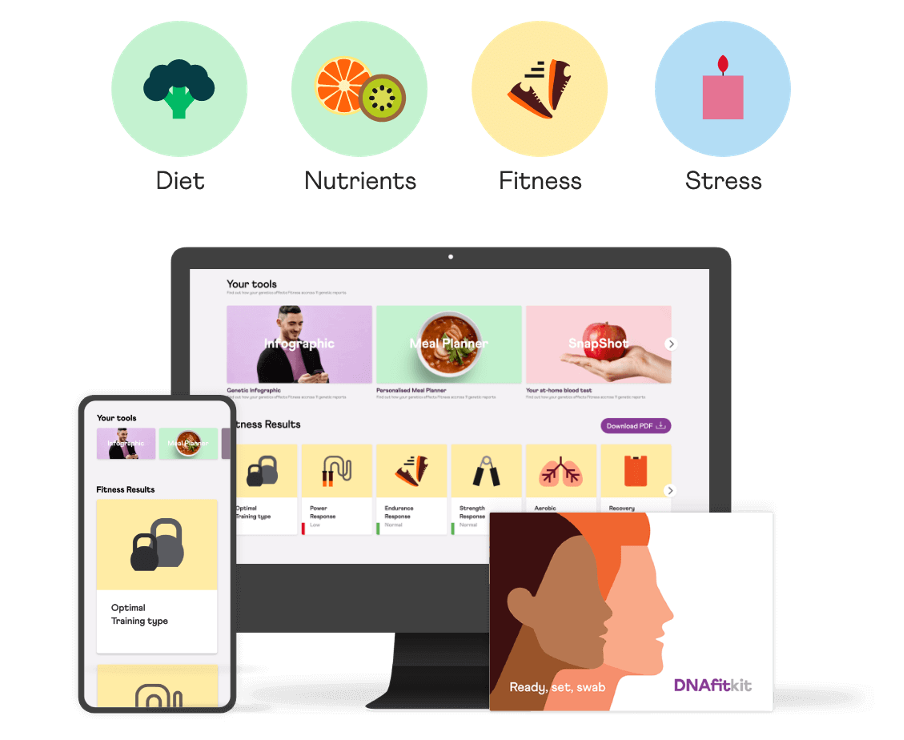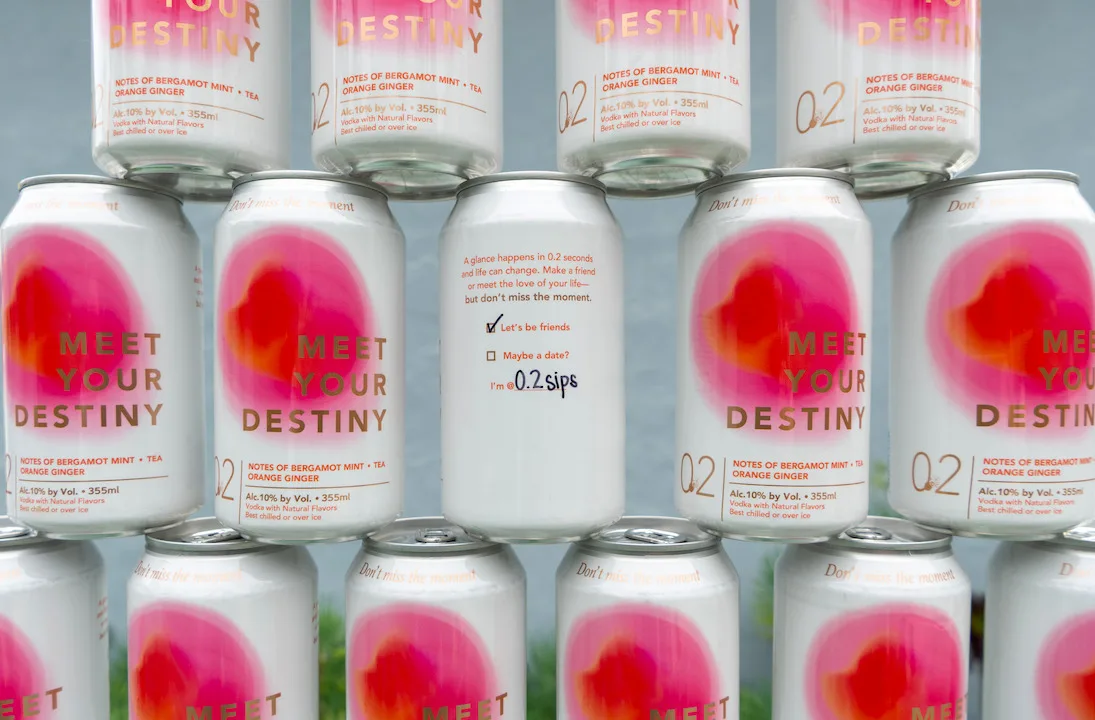Vibrational food
November 4, 2020The future of education according Millennials and Generation Zers.
November 17, 2020What is it?
99.9 percent of everyone’s genes are the same. The remaining 0.1 percent are responsible for the differences between individuals. What if you would know that 0.1 percent too?
Imagine knowing exactly which nutrients you need for your body. Therefore, without worrying, you would have the perfect nutritional diet for your body every day. After the traditional blood testing and seeing witch nutrition you accrued needed, now a new puzzle piece is discovered: Nutrigenomics.
Nutrigenomics is an approach to personalized nutrition and human health that takes into account the effects of genetic differences in human response to foods. With nutrigenomics different preferences can be discovered. For example, high caffeine or alcohol sensitivity, lag in vitamins or minerals and even discover the secretes of your metabolism.
At-home diagnostics kits are growing in popularity as consumers look to better understand their bodies, but a growing number of companies are also tapping into the trend to offer personalized nutritional services. For example, Nestlé Wellness x Genesis Healthcare, Combination of DNA testing and Social Media to create a custom-tailored daily beverage supplement pack.
Other business like DNAFIT are also collaborating with the sushi company YO! To bring personalised health food to the sushi brand’s offering, tailoring dish recommendations based on genetic sensitivities.
Customers will be given a home testing kit, in this kit you would need to put in your saliva. This kit would be sent to DNAFIT where they will analyse the kinds of foods one should consider avoiding, enabling you to create a personalised diet. As Chief executive of DNAFit Avi Lasarow said: “There is no such thing as a one-size-fits-all approach to diet and nutrition”

Why it’s Cool?
This is a step forward from where individuals choose products based on lifestyle goals.’
Phil Mackie, managing partner of Food & Beverages at Oakland Innovation
- The prevention of disease and an increase in life expectance: Nutrigenomics helps in preventing or delaying the onset of diet and lifestyle related disease such as obesity, cancer, CVD and diabetes mellitus. Apart from chemical drug treatment and therapy, nutrigenomics also acts as supporting element to fasten recover and prevent further damage caused by disease. For example, an individual that are diagnosed to have CVD, with the knowledge of nutrigenomics, they can change their dietary intake to lower their low density lipoprotein level and increase their high density lipoprotein level in their body to prevent and minimize the impact of CVD to their body (Advantages and Disadvantages of Nutrigenomics, 2018).
- Reduce food waste by applying nutrigenomics: Avoiding useless dietary supplements routinely used by certain people. As a result, there is a large decrease in food that is wasted. In the Netherlands, 9 percent of the food is wasted. That comes down to 34 kilos of food per person per year. All households together waste about 590 million kilos of good food in the Netherlands. By applying nutrigenomics, food waste is thus prevented (Voorkom voedselverpilling, 2020).
Why it has future growth potential?
Health problems that are related to an unhealthy lifestyle is a bigger growing problem. An important lesson learned from this subject is that one-size does not fit all. For the purpose of a healthy lifestyle, nutrigenomics does have future growth potential.
A downside of this almost perfect fairy tale is that the companies that will do the consumer DNA testing will have your personal DNA profile. This of course, has a lot of upsides for example, it reads relevant medical information such as genetic variants that increase risk for cancer, high cholesterol or heart problems (Hesman Saey, 2018). At the same time, those companies will have this sensitive and personal information about you.
Conclusively, you can say nutrigenomics has a bit of grey area concerning privacy but taking all this into consideration, the ability to make personalised nutrition products can contribute to a more sustainable lifestyle, it will reduce food waste and can prevent diseases which will increase the life expectancy.
References:
CB Insights. (2020, July 13). Nutrition Is Moving Beyond ‘One Size Fits All.’ Here’s How Tech Is Personalizing Your Diet. CB Insights Research. https://www.cbinsights.com/research/personalized-nutrition-wellness/ foodnavigator.com. (2020, June 24). ‘Personalised nutrition will shape the food systems of the future’: How will mass production adapt?https://www.foodnavigator.com/Article/2020/06/24/Personalised-nutrition-will-shape-the-food-systems-of-the-future-How-will-mass-production-adapt# Ghosh, D., Skinner, M. A., & Laing, W. A. (2007). Pharmacogenomics and nutrigenomics: synergies and differences. European journal of clinical nutrition, 61(5), 567–574. Hesman Saey, T. (2018, April 22). Consumer DNA testing promises more than it delivers. Https://Www.Sciencenews.Org/.https://www.sciencenews.org/article/consumer-genetic-testing-dna-genome Milieucentraal. (n.d.). Voorkom voedselverspilling. MilieuCentraal.Nl. Retrieved September 1, 2020, from https://www.milieucentraal.nl/milieubewust-eten/voorkom-voedselverspilling/#:%7E:text=Zo’n%209%20procent%20van,590%20miljoen%20kilo%20goed%20voedsel. UK Essays. (2018, June 11). Advantages and Disadvantages of Nutrigenomics. UKEssays.Com. https://www.ukessays.com/essays/biology/nutrigenomics-study-application-of-gene-and-nutrition-interaction-biology-essay.php Wood, V. (2020, July 21). YO! Sushi launch ‘genetically tailored nutrition’ offering with DNA testing. The Caterer. https://www.thecaterer.com/news/restaurant/yo-sushi-launch-genetically-tailored-nutrition-offering-with-dna-testing




